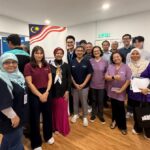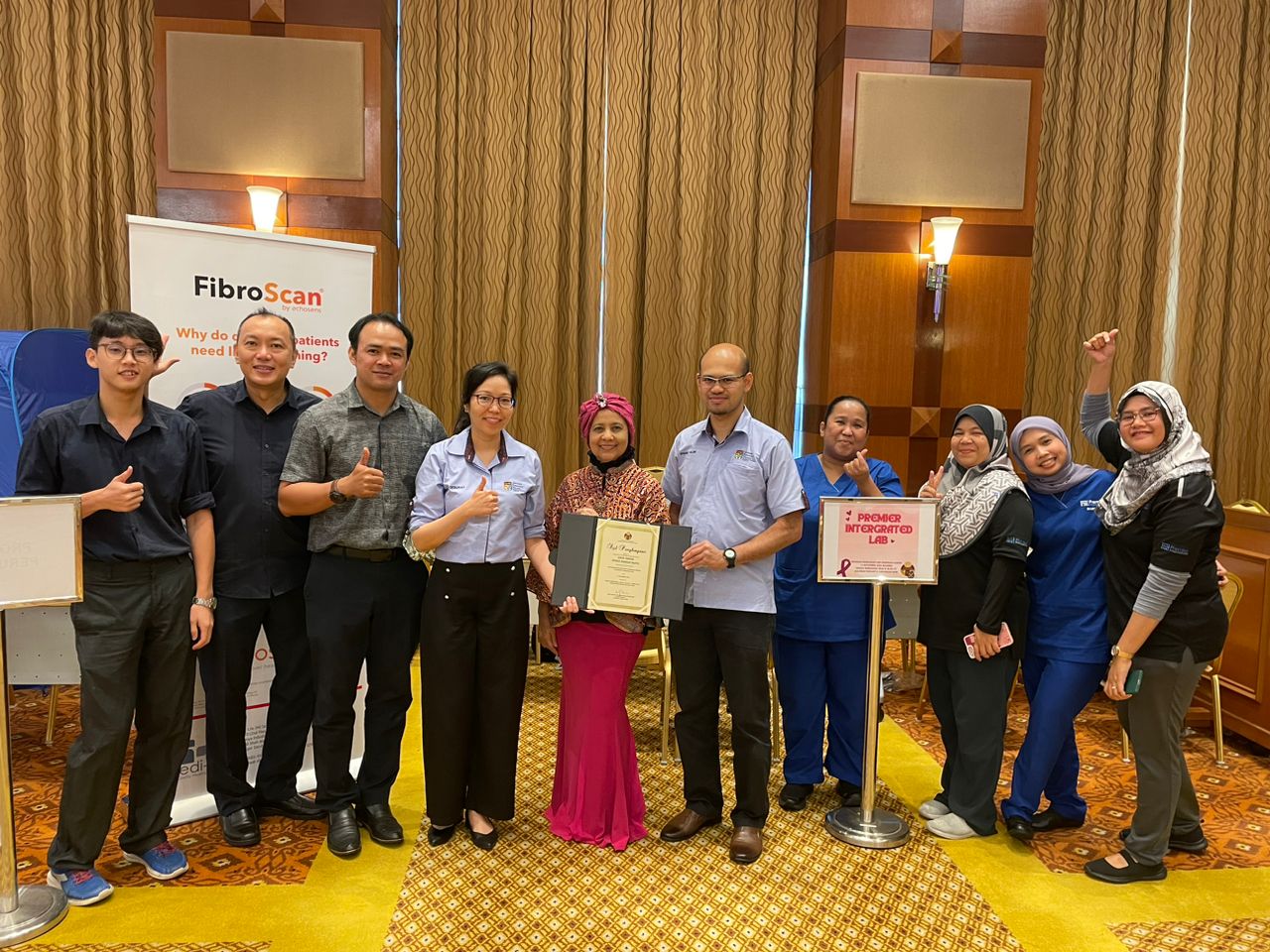Liver cancer is one of Malaysia’s most deadly cancers; five years after diagnosis or starting treatment, the survival rate stands at just 12.8 percent. A major barrier to early detection is limited access to specialist care, particularly in rural areas.
In Malaysia, only four specialists are available for every 10,000 patients, and most hepatologists and oncologists are concentrated in urban hospitals, leaving many rural communities without access to timely diagnosis or treatment. Many patients also struggle to access basic primary care, especially in East Malaysia, and often don’t know how to seek specialized help. With fatty liver disease now a leading cause of liver cancer, the need for updated screening protocols and broader provider training has never been more urgent.

Kundasang, a remote town in East Malaysia, represents the many rural communities that face significant barriers to early liver cancer detection. Project ECHO bridges this urban-rural divide by enabling providers to access specialist guidance without leaving their communities. Photo Credit: Adobe Stock
Moving Knowledge, Not Patients
Professor Rosmawati Mohamed, MD, a hepatologist at National University Malaysia, is working to bridge this urban-rural care gap and reverse the trend of late-stage liver cancer diagnoses. A leading expert on liver disease and viral hepatitis in the Asia-Pacific region, she found a powerful solution in Project ECHO.
“Before ECHO, we did not have a virtual platform for capacity building,” says Dr. Rosmawati, who leads an ECHO program focused on liver disease. “With our specialist shortage, we often had to fly doctors from cancer hospitals in the cities to other states to reach patients. Thanks to ECHO, we can extend our expertise across the country without leaving the hospital.”
Building Local Capacity Through Case-Based Learning

Participants gather for an ECHO session in Malaysia. Photo provided by Professor Rosmawati Mohamed, MD, June 2025
Through weekly virtual sessions, clinicians who don’t have access to multidisciplinary teams at their own hospital can present anonymized patient cases to a panel of experts.
Hepatologists, oncologists, radiologists and surgeons offer guidance on diagnosis and treatment for hepatocellular carcinoma, a common type of primary liver cancer that often occurs in people with chronic liver disease.
“While we can’t rapidly increase the number of specialists, we can strengthen the skills of our primary care providers so they can screen for liver disease and identify those at risk for liver cancer within their own communities,” says Dr. Rosmawati. “This mentorship model builds confidence and helps ensure consistent, high-quality care.”
Advancing Early Detection with Updated Guidelines
When Malaysia updated its clinical guidelines on type 2 diabetes recommended screening for fatty liver disease, Dr. Rosmawati’s team engaged primary care providers in three states, enhancing awareness and training local providers to identify high-risk patients for liver cancer and refer them to specialists for further evaluation, including surveillance for liver cancer. By catching the disease earlier, patients have a better chance at a curative treatment.
“Community clinics that were once unfamiliar with liver disease screening protocols are now identifying at-risk patients and acting quickly,” says Dr. Rosmawati.
From Pilot to Policy: Scaling ECHO Nationally
The success of these efforts has led to ECHO’s integration into Malaysia’s national cancer control strategy. In partnership with the Academy of Medicine of Malaysia, Project ECHO now supports education and case consultation for multiple types of cancer. The ECHO Model also supports the training of nurse navigators to help guide patients through each stage of care.
For Dr. Rosmawati, this transformation demonstrates what’s possible when expertise reaches the front lines of care. “By strengthening local skills and emphasizing early intervention, we can dramatically improve liver cancer outcomes,” she says. “Each early diagnosis represents a life that might be saved.”
Health care professionals around the world are invited to participate, share knowledge and expand access to liver care through the power of virtual collaboration. Email the Asia Pacific program team to learn more about Project ECHO in Malaysia.

